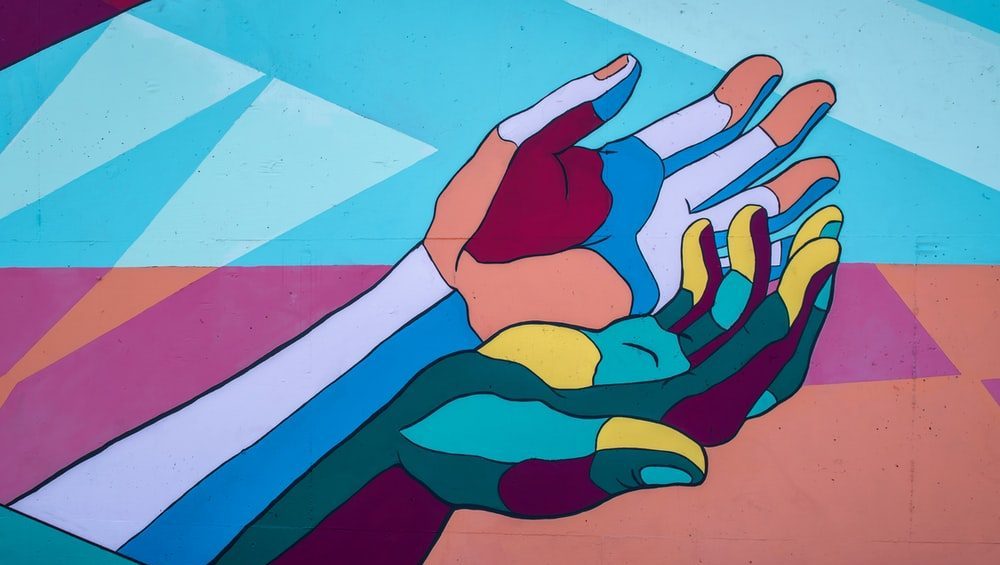The McGill student organization, Students in Mind (SiM) hosted a three-day conference, “Forging a New Normal,“ from Jan. 29 to Jan. 31, focussing on the successes and drawbacks that the COVID-19 pandemic has posed on mental health. The eighth annual student-run conference, conducted via Zoom, consisted of several keynote presentations with topics ranging from mental health in school curriculums to the use of artificial intelligence in depression treatments. The event also featured several interactive workshops, such as “Thriving in the Face of Doom,” in which participants were asked to partner up and reflect on eco-anxiety.
Julia Caddy, U3 Arts and co-president of SiM, explained that a key theme behind this year’s panels was envisioning a path forward in mental health awareness and action beyond the pandemic.
“As a lot of people are saying these days, […] we can’t go back to the same normal that we had before,” Caddy said. “[…] Forging a new normal really has to do with reflecting on our own experiences over time, but especially in the past year, and looking at what changes […] we want to embrace to move forward to create a […] mentally healthier campus.”
During a panel that discussed the intersection of mental health and race, the moderator asked keynote speakers to share their thoughts on the debates surrounding the annual Bell Let’s Talk campaign. Vinciane de Pape, a director of learning and culture at Versett, a Canadian digital consulting firm, acknowledged the initiative’s broad reach while expressing skepticism towards corporate activism and Bell’s exclusive contract with provincial prisons.
“Although I think it’s a great entry point for many to start the conversation around mental health, there are a lot of problematic aspects to such a major corporation pushing a PR campaign that has shown to be a lot of talk without a whole lot of action,” de Pape said. “So you can argue that it’s a multi-million tax write-off, with largely white, wealthy representation [….] Bell also has a monopoly over telecommunications in prisons, which ends up harming incarcerated people.”
The panel also discussed the failings of mental health institutions in handling intergenerational trauma. Jaime Morse, an Indigenous educator at the National Gallery of Canada, spoke about the fraught relationship between Indigenous people and Canada’s healthcare system and advocated for better-educated, trauma-informed counselling practices.
“There’s a mistrust [towards counsellors],” Morse said. “In my own experience with going to a counsellor, there was an immediate switch to ‘OK this is a white woman […] she has no idea about the intergenerational effects of residential schools [….] She’s the only one available.’ For two sessions, it was a very expensive way to teach somebody about Indigenous history and culture.”
The second day of the event featured mental health advocates from a number of Canadian universities. Molly Zhang, a third-year neuroscience and mental health student at Carleton University, spoke on the lack of transparency associated with campus resources.
“There’s a lot of resources out there, but a lot of people just don’t know where to find them,” Zhang said. “Some students will never get exposed to our organizations.”
Zhang also called on professors to increase exposure to campus support systems.
“We need to get all profs to care about mental health, and not just those who are prone to be understanding,” Zhang said. “I think one of the easiest ways to make mental health accessible to students is to have professors show that they care as instructors and that the school as an institution cares about their students.”
Jake Frank, a fifth-year biology student at the University of Windsor, expressed optimism that the pandemic might be a watershed moment in mental health awareness, noting that it has helped bring campus mental health support services into more students’ purview.
“There’s definitely more posts, more clubs, more student groups that are focusing on mental health,” Frank said. “And through that, certain resources that were under-utilized in the past have been actually getting their due.”








